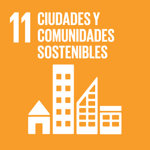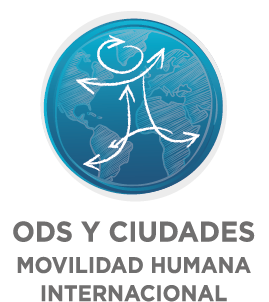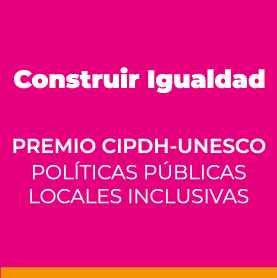Universal access to land and housing for the population at the Municipality of Castelli

- Region
- Latin America and the Caribbean
- Range of Demographic Size
- 19,999 inhabitants or less (populated areas)

11.1 By 2030, ensure access for all to adequate, safe and affordable housing and basic services and upgrade slums.
11.3 By 2030, enhance inclusive and sustainable urbanization and capacity for participatory, integrated and sustainable human settlement planning and management in all countries.
Universal Declaration of Human Rights (UDHR).
International Covenant on Economic, Social and Cultural Rights (ICESCR).
Additional Protocol to the American Convention on Human Rights in economic, social and cultural rights (San Salvador Protocol).
Summary
This is a policy aimed at solving the housing shortage in Castelli, by allocating land and urbanizing, thus guaranteeing universal access to decent housing. A trust is also created, namely Castelli es tu casa –the first municipal real-estate trust in the country–, so that all the resources collected from the future land awardees through this Trust are exclusively used in land and housing production, so as to make this program sustainable.
Implementation Date:
Start: 10 / 12 / 2011
End: End: Currently in force
Financial/legal/technical assistence
Subnational goverment
National government
Other
- Web: http://www.castelli.gob.ar/agencia-de-vivienda/
- Telephone: (2245) 48 0311 / 0059 (Municipality of Castelli, Province of Buenos Aires)
- Social Network:
Instrumentos

11.1 By 2030, ensure access for all to adequate, safe and affordable housing and basic services and upgrade slums.
11.3 By 2030, enhance inclusive and sustainable urbanization and capacity for participatory, integrated and sustainable human settlement planning and management in all countries.
Universal Declaration of Human Rights (UDHR).
International Covenant on Economic, Social and Cultural Rights (ICESCR).
Additional Protocol to the American Convention on Human Rights in economic, social and cultural rights (San Salvador Protocol).
Location
- Region
- Latin America and the Caribbean
- Range of Demographic Size
- 19,999 inhabitants or less (populated areas)
Contact details
- Email:
- Web: http://www.castelli.gob.ar/agencia-de-vivienda/
- Telephone: (2245) 48 0311 / 0059 (Municipality of Castelli, Province of Buenos Aires)
- Social network:



